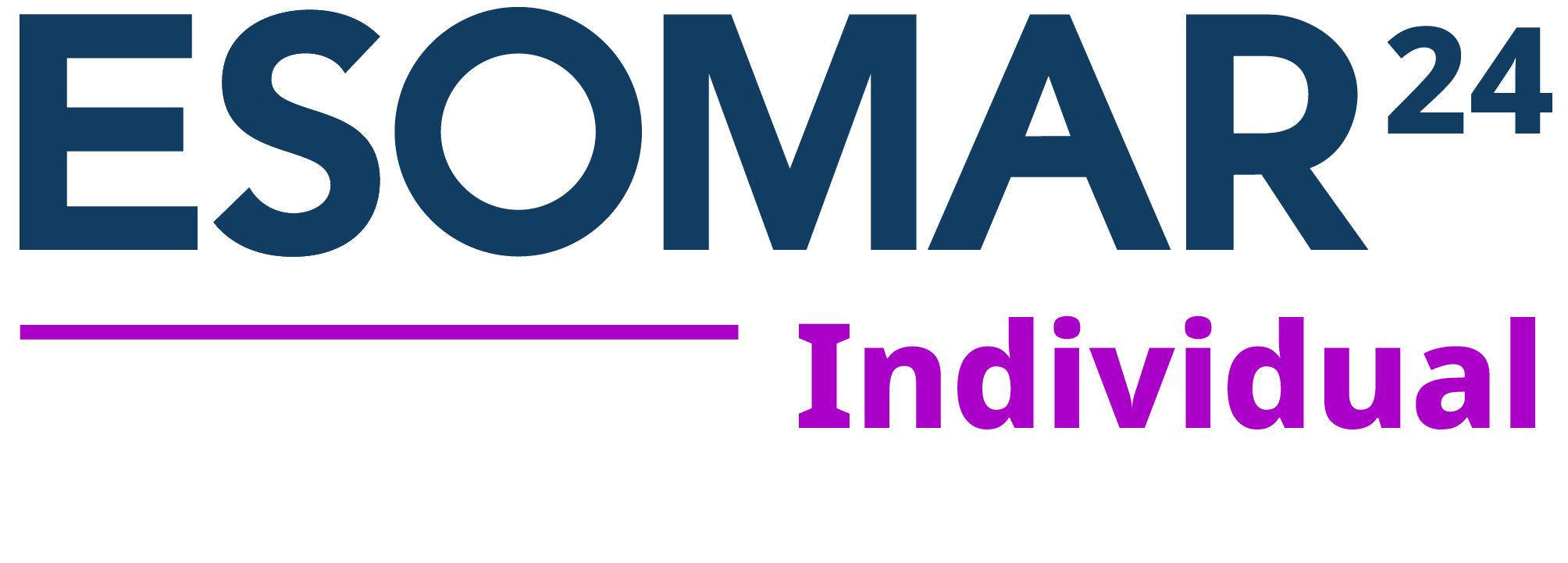Voters more evenly split on an Indigenous Voice after further increase in the NO vote since February.
NO votes have continued to increase and are now at a similar level to the total YES vote on establishing an Aboriginal and Torres Strait Islander Voice. However, lack of information remains an issue.
Just under four in ten voters would support an alteration to the Constitution that establishes an Aboriginal and Torres Strait Islander Voice and vote YES in a referendum if it were held now (39%, similar to 42% in February and 43% in August).
A similar proportion do not support this change and would vote NO (37%, up significantly from 28% in February and 23% in August).
Significant increases in the NO vote among voters aged 35+ years and in NSW, Victoria and Queensland over the past four months have contributed to this overall increase.
While almost one in four voters continue to be in need of more information or undecided (23%, down from 30% in February), a majority of this group are already leaning toward a YES or NO vote.
Taking these leanings into account, overall, 46% of voters (down from 51% in February) would vote YES in this referendum and almost as many (43%, up from 36%) would vote NO. Just 11% remain undecided.

Double majority in doubt among those decided and likely to vote in the mainland states
Votes are similarly mixed at state level, except in WA where the YES vote outweighs the NO vote. By gender, the YES vote still leads among women (49%) but the NO vote is now stronger among men (50%). Young voters (18-34 years) are most supportive, with their YES vote at 63%, while a majority (57%) of older voters (aged 55+ years) would vote NO.
It is not surprising that voters who recall recently seeing mainly opposing information, advertising, media stories or social media posts about the proposed referendum on an Indigenous Voice to Parliament are much more likely to vote NO (67%) than YES (26%). However, what is potentially disconcerting for the YES campaign is that voters who have seen mostly positive information about the Voice are also more likely to vote NO (50%) than YES (45%). The same is true for those who recall seeing the ‘Yes23’ campaign ad itself (NO 53%, YES 40%).

This special True Issues Indigenous Voice to Parliament poll was conducted as an online survey between 2 – 6 June among a representative national sample of 1,122 Australian voters.








